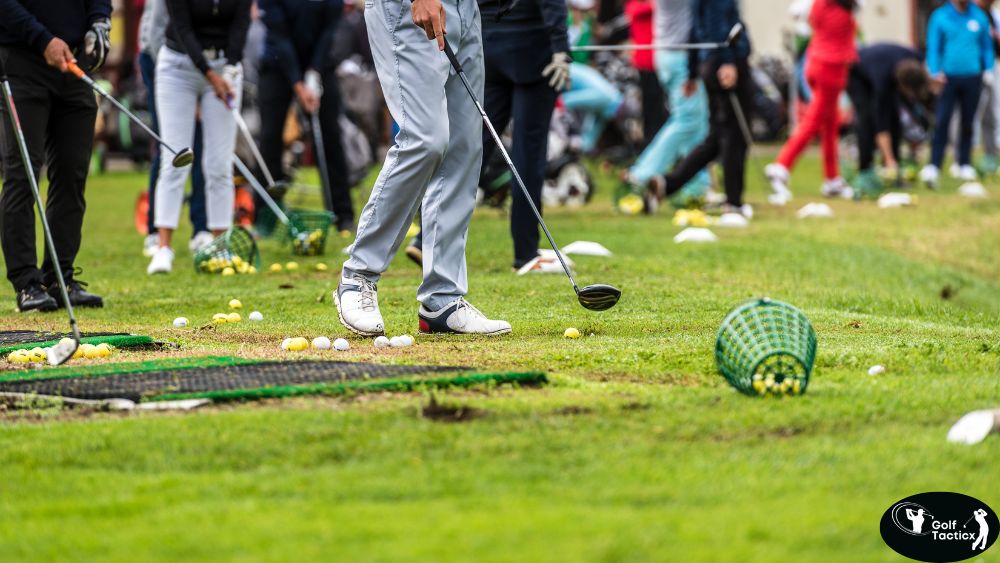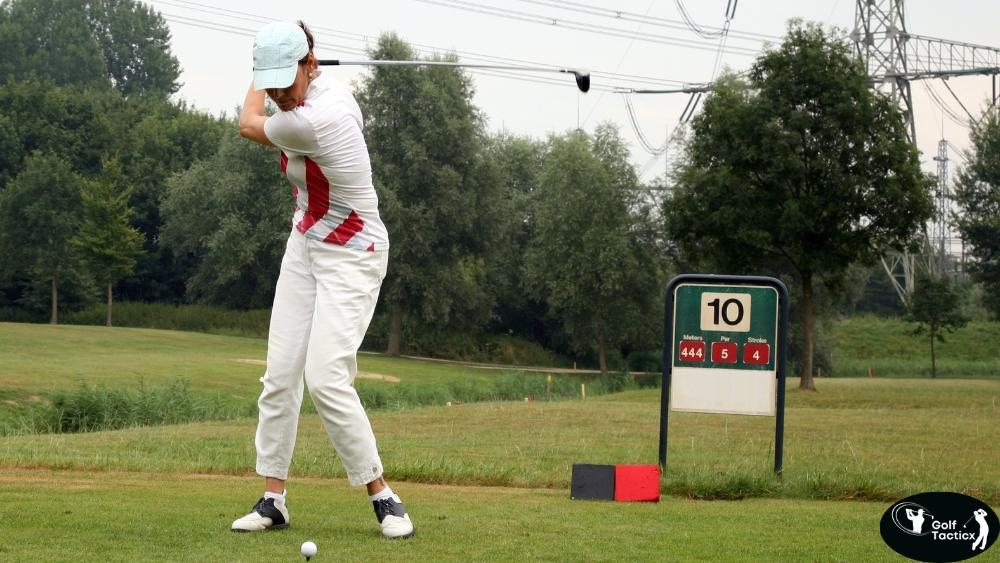In our last post, we explored the topic of Creating On-Course Pressure to Improve Practice Sessions.
Getting ready for your first golf event can feel exciting and a bit scary. In this post, you’ll learn how to prepare for first golf tournament with simple steps. From practice tips to what to pack, we’ll cover it all.
By following a few key steps, you’ll feel more confident and ready to tackle the course. Whether it’s mastering your swing or understanding the rules, preparation is key to having fun and performing your best. Let’s make how to prepare for first golf tournament easy and stress-free for you.
Understand the Tournament Format
Golf tournaments come in various formats, such as stroke play and match play. Knowing the format will influence your strategy:
Stroke Play: Every stroke counts, and the player with the fewest strokes wins. Consistency is key here.
Match Play: The game is played hole by hole, and the player who wins the most holes wins the match. This format allows for a more aggressive approach since a bad hole doesn’t ruin your entire round.
Familiarize yourself with the specific rules and scoring of the tournament you’re entering.
Familiarize Yourself with the Course
If possible, play a practice round on the tournament course. This will help you understand the layout, identify potential hazards, and plan your shots accordingly. Take note of:
Tee Positions: Know where each tee box is located.
Hazards: Identify bunkers, water hazards, and out-of-bounds areas.
Green Speeds: Get a feel for how fast the greens are.
If a practice round isn’t feasible, reviewing the course map and hole descriptions can be beneficial.
Develop a Practice Routine
Consistency in practice leads to consistency on the course. Focus on:
Short Putts: Spend ample time practicing 3-5 foot putts. In tournaments, every putt counts, and mastering short putts can significantly impact your score.
Driving Range Sessions: Work on your swing mechanics and aim for accuracy over distance.
Chipping and Pitching: These shots can save you strokes around the green.
Create a practice schedule leading up to the tournament, focusing on areas where you feel less confident.
Prepare Mentally
Golf is as much a mental game as it is physical. To stay calm and focused:
Visualization: Imagine yourself playing each hole successfully.
Breathing Exercises: Deep, controlled breaths can help manage nerves.
Positive Self-talk: Encourage yourself and maintain a positive attitude, even after a bad shot.
Remember, every golfer experiences nerves; the key is to manage them effectively.
Plan Your Tournament Day
A well-thought-out plan can alleviate stress on the day of the tournament:
Arrival Time: Aim to arrive at least an hour before your tee time. This allows for registration, warm-up, and mental preparation.
Warm-Up Routine: Spend time on the driving range and putting green to get into the rhythm.
Nutrition: Eat a balanced meal before the round and carry snacks like nuts or energy bars to maintain energy levels.
Hydration: Keep a water bottle handy and stay hydrated throughout the round.
Understand Tournament Etiquette
Proper etiquette is essential for maintaining a respectful and enjoyable atmosphere for both you and your competitors. It helps the tournament run smoothly, and adhering to these guidelines shows professionalism and good sportsmanship.
- Pace of Play: Keeping up with the group ahead is crucial. Stay ready to play when it’s your turn, and maintain a steady pace throughout the round. Be aware of your surroundings and try not to slow down the game unnecessarily. If you happen to fall behind, don’t hesitate to speed up or let faster players pass you.
- Silence During Shots: Always maintain silence and avoid making any noise when someone else is hitting. A distraction can easily throw off their concentration, and being considerate of your fellow competitors creates a more respectful environment.
- Repair the Course: Respect the course by repairing any damage you cause. Fix divots on the fairway, repair ball marks on the greens, and always rake the bunkers after use. These small acts of courtesy help preserve the course for everyone and show that you respect the game.
- Scorekeeping: Keep an accurate score of your round, and always verify your score with your marker after each hole. Mistakes can happen, so double-checking ensures everything is correct and keeps the competition fair.
Equipment Check
Make sure your equipment is ready and prepared before the tournament. This includes checking for any damages and ensuring you have everything you need for a successful round.
- Clubs: Make sure your clubs are clean and free of any defects. Check grips and shafts to ensure they are in good condition.
- Golf Balls: Carry enough golf balls for the round, and make sure they are marked in a unique way for easy identification. You don’t want to lose time searching for balls that look like everyone else’s.
- Tees and Accessories: Having plenty of tees is essential, especially when conditions cause them to break. Don’t forget your ball marker, divot repair tool, and a towel. These accessories are small, but they make a big difference in your game.
- Attire: Dress appropriately for the weather and according to the tournament’s dress code. Whether it’s hot, cold, or rainy, comfortable clothing will help you stay focused and perform better.
Set Realistic Goals
In your first tournament, it’s important to set goals that help you focus on the experience rather than stressing about the outcome. Setting realistic goals will guide you to stay calm and perform better.
- Process Goals: Focus on the process of playing, such as maintaining a consistent pre-shot routine. This keeps you grounded and helps with your mental game.
- Performance Goals: Set small, achievable goals like hitting a certain number of fairways or greens in regulation. These targets can help you stay focused and give you something to aim for during your round.
- Outcome Goals: While winning is always the goal, try to prioritize learning and enjoying the experience. Understand that every tournament is an opportunity to improve, no matter the final result.
Reflect Post-Round
After the tournament, take time to reflect on your performance. It’s an essential step in your growth as a golfer.
- Analyze Your Performance: Take a moment to review your round, paying attention to both your strengths and areas that need improvement. Maybe you hit a few great shots, but there were areas where you struggled. Recognizing these moments will help you grow.
- Seek Feedback: Don’t be afraid to ask for feedback from more experienced players or a coach. They may offer insights into your game that you might not have noticed yourself.
- Plan Forward: Use the feedback and insights from your round to adjust your practice routine. This reflection will help you prepare for future tournaments and make necessary changes to improve your overall game.
Conclusion
Participating in your first golf tournament is a significant step in your golfing journey. With thorough preparation, a positive mindset, and a focus on learning, you’ll not only perform your best but also enjoy the experience. Remember, every professional golfer started where you are now. Embrace the challenge, and most importantly, have fun!
In the next post, we’ll dive into the exciting differences between Match Play vs Stroke Play, exploring how each format impacts strategy, scoring, and overall game dynamics.
















Leave a Reply